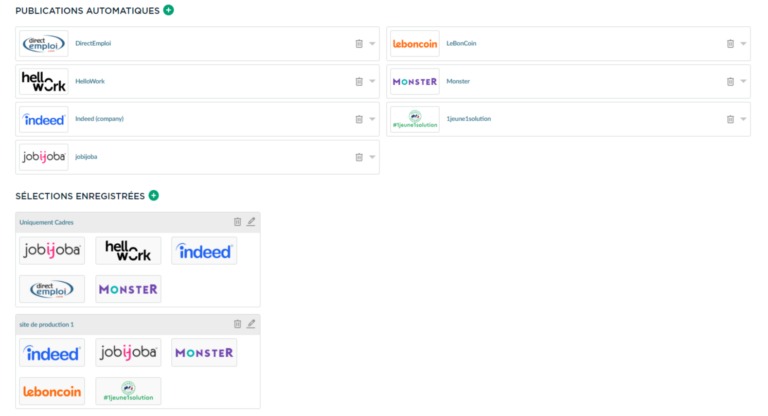Many companies claim to have difficulties in recruiting. So, in order to find the rare pearl, they have decided to innovate and go off the beaten track with an atypical recruitment method: “street-sourcing”. This process surprises and intrigues. It allows to build real relationships and to offer a new dimension, both social and human, to recruitment. We explain it all to you!
What is street-sourcing?
Street-sourcing is more like a return to basics than a new type of recruitment process. Indeed, “street” means “street” and “sourcing” comes from the verb “to source”. Thus, in the era of Web 2.0 and the digitalization of recruitment processes, street-sourcing favors meetings. The recruiter looks for future talent in the street, in shopping centers or in parks. He asks passers-by if they are looking for a job. This method allows to put aside the weight of the official interview and to emphasize the personality of the individual.
It democratizes access to employment and puts the human element back at the heart of recruitment. Indeed, the first contact is face to face. In contrast, in a traditional process, the meeting takes place after sending a cover letter, a CV and possible telephone interviews. Rather than relying solely on diplomas and experience, this method favors soft skills, which have become a major asset for companies in recent years. It is more inclusive: companies are no longer recruiting a CV, but a person.
💡 Street-sourcing can be organized both by a recruitment agency and by the company itself.
How does this recruitment method work?
For street-sourcing to work, you need a good street-sourcer, otherwise known as a travelling recruiter. The latter must be an excellent communicator, smiling, emphatic and, above all, he must like to meet strangers. He will create the link with a simple question: “Are you currently looking for a job?
He gives interested people a questionnaire that allows them to learn more about their personal skills through an evaluation grid. The purpose of the grid is to identify specific behavioural skills and techniques. This questionnaire is normally developed by a humanities professional.
A second recruiter then contacts this potential talent. His role is to ensure that he has the necessary prerequisites or diplomas for the position in question if it applies to the position available. Finally, the second recruiter can find the most suitable job offer for this potential candidate’s profile.
The advantages of street-sourcing for recruiters and recruits
Promote your employer brand
This recruitment method can be used to raise awareness of your employer brand and services. But more importantly, it’s a great way to reach talent that isn’t actively looking, isn’t searching on the (right) job boards, or doesn’t know their skills are transferable to a particular position.
Recruiting for jobs in tension
Street-sourcing is perfectly adapted to jobs in tension. This is the case for jobs in the construction industry, personal assistance, health or catering. Sometimes, all that is missing is a few skills or training to complete an already existing know-how. The company has the chance to have the time to present the job in question and to attract potential candidates.
Highlighting certain profiles
A “classic” recruitment process sometimes leaves out talents who are perfectly competent for a position, but whose personality or soft skills are not highlighted by a CV or a cover letter. Some candidates may be intimidated, censor themselves or underestimate themselves during an interview. In the case of street-sourcing, the conversation is done in a natural way. This allows candidates to feel comfortable and to reveal their assets.
Opening doors to certain profiles
Some candidates are not at ease with digital tools, are not present online, do not dare to contact institutions such as Pôle Emploi or do not think they are capable of doing such and such a job because they do not have diplomas. Street-sourcing offers a chance to these people to put forward their soft skills and to access sectors to which they did not think they were entitled. Thus, this type of atypical recruitment allows to fight against conscious and unconscious prejudices and to promote diversity.
💡 Street-sourcing is currently popular in big cities and busy places. But who knows, maybe it will become more democratic?
Street-sourcing is an innovative recruitment method that makes visible profiles that are sometimes invisible. It allows to come back to the equality of the exchanges. However, to use this atypical process requires that HR professionals have the right tools to recruit efficiently. And you, will you dare to look for your future employees in the street?









